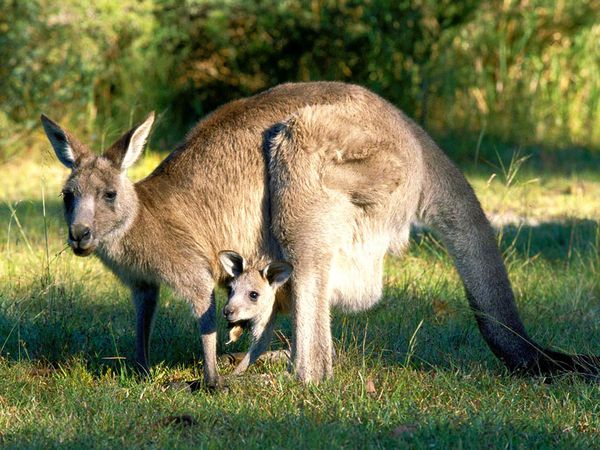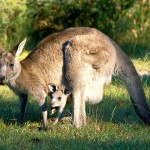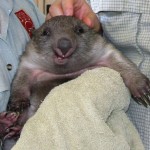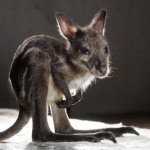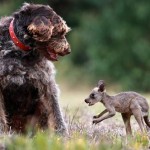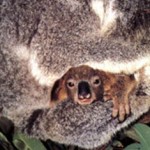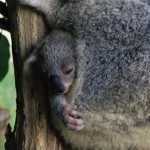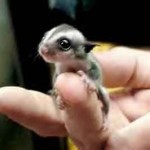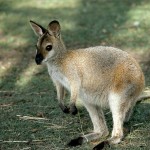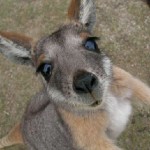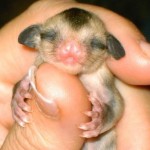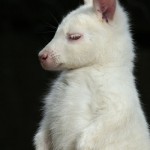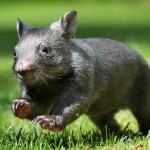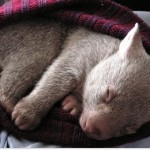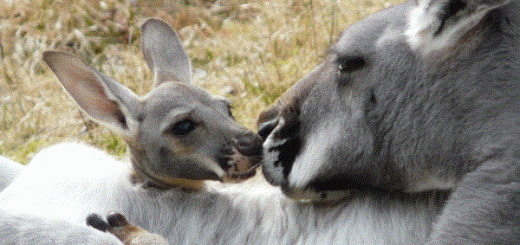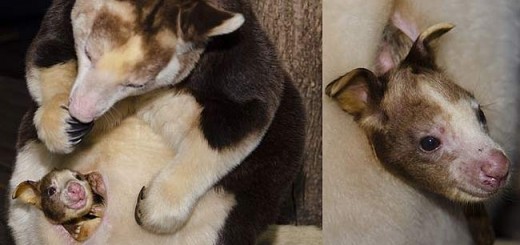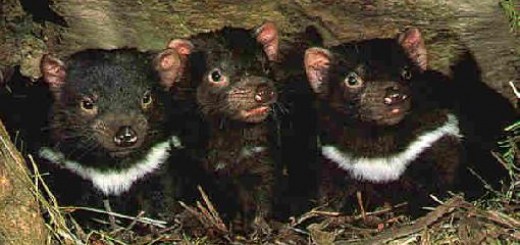Marsupials Keep Their Babies In Pouches
Marsupials are a class of mammals that are known for their giving birth to underdeveloped young, who they then take care of in a natal pouch until the joey (a marsupial baby) is ready to enter the world. Joeys are born in a fetal state after about 4-5 weeks of gestation; they are blind, furless, and extremely small (sometimes less than 0.1 ounces). The fetal joey instinctively makes its way to the mother’s pouch, where it stays for months until it is fully developed. There are over 300 different species of marsupials, with almost all of them being native to Australia or South America; the most recognized species include kangaroos, wombats, koalas, wallabies, gliding possums (sugar gliders), and possums. Kangaroos are known for their abilities to hop long distances and hand-fight, or “box” to settle disputes with each other; while wallabies are known simply for being “small kangaroos”. Wombats are known for their ability to adapt to almost any habitat, koalas for their living in trees and eating of eucalyptus plants, and sugar gliders are known for their ability to catch air with their patagium membrane and basically fly through the air. Possums are known for…well, possums are kind of scary. Overall, marsupials are a fascinating group of mammals that can start as small as a peanut and grow to over 200 lbs (440 kg); and most of the time, they make really cute babies!
- Baby Wombat!
- Baby Kangaroo!
- Fearless Baby Kangaroo!
- A Baby Koala In Its Pouch
- A Tiny Baby Sugar Glider
- A Baby Wallaby
- A Cute Baby Wombat
- Close-Up Of A Baby Kangaroo
- A Sugar Glider Baby
- A Wallaby Joey
- Baby Wombat On The Run
- A Baby Wombat In Its Pouch

